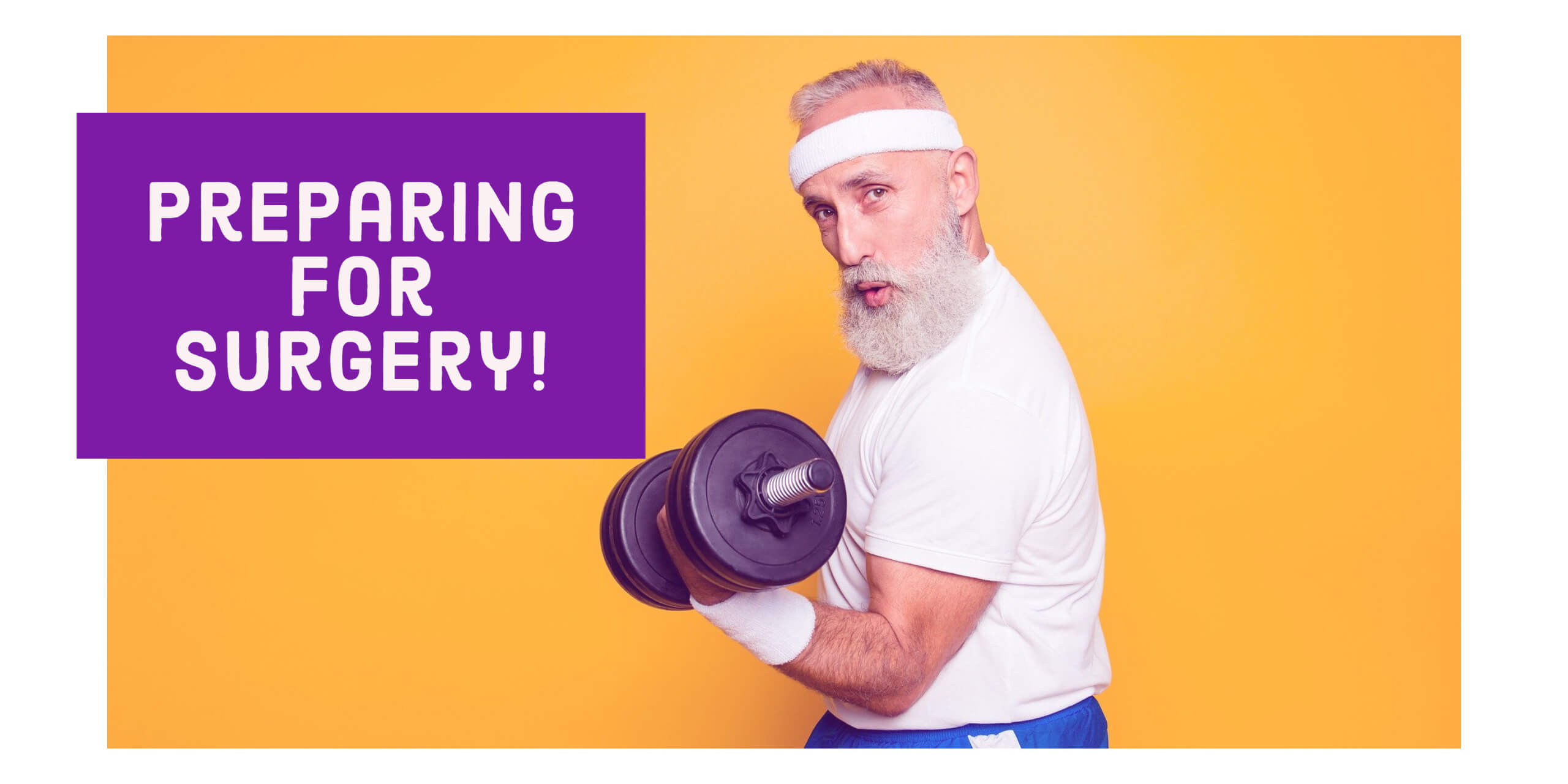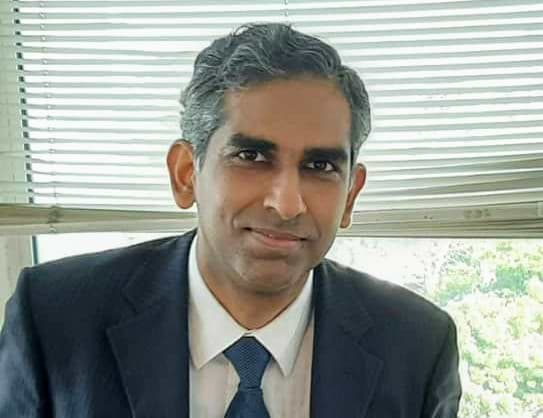How to prepare yourself for surgery
Dr Nikhil Agrawal

So, you have been diagnosed with a medical disorder which necessitates a surgical procedure. You went to the hospital, met a surgeon and fixed up a date. The time flies and so does the butterflies in your stomach. The D-day is approaching. You are not sure how to prepare for it. Here is your cheat sheet.
Positive and relaxed: It is important to have a positive attitude. You should not be all stressed up, stay relaxed and calm. Take help of various methods of relaxation such as meditation and yoga.
Know everything: You should make an effort to understand the disease, the planned surgery and likely outcome. You should understand the risks and benefits of the surgical procedure and the other nonsurgical options if any. You have to know your surgeon and the operating team well. Make sure your surgeon is qualified enough and the hospital is well equipped. You should also meet the anaesthesia team.
List all medical conditions and medicines: You might be on some medications or, you might be suffering from another disease or, you have been treated earlier for a disease or, you have undergone a surgical procedure earlier. Make sure, you apprise your surgeon of all these things. Don’t think something is trivial and you don’t need to mention them, it could be extremely crucial for the decision making. If you are taking blood thinners, then it may need to be stopped a few days prior to surgery. Don't forgert to mention any allergies, specifically allergy to drugs.
Second opinion: Don’t hesitate in taking a second opinion, but make sure you get it from a credible source.
Discuss pain: Pain management is an integral aspect of surgery. The operation is done under anaesthesia while you are sleeping but you are awake once the surgery is over. The pain after surgery depends upon the magnitude of surgery and length of incisions. There are various options for managing pain and it would be good for you if you know beforehand, how your surgeon is planning to manage your pain.
Let your doctor know of the key persons: During your recovery, you might not be in a condition to discuss and understand your daily progress. Make sure the operating team understand one or two key individuals who will be in charge of the decision-making process. Many times every visitor will talk to them and it will create confusion.
Eat healthily: Some of your well-meaning friends and relatives might suggest you not to eat this or that. But surgery is like a battle for the body. Your body needs energy and so you need to eat well and eat healthily.
Avoid dehydration: Drink plenty of water and avoid dehydration.
Exercise: you need to prepare yourself for the battle. Exercise is an integral aspect of it. Do whatever is comfortable for you. Walking, jogging, weights.. anything would do. Add respiratory exercises to the routine, it will help you fend off pneumonia after surgery. Practice deep breathing and coughing exercises. Ask your treating team for the incentive spirometer.
Quit smoking and alcohol: Smoking raises your risks of infections and other surgery complications. Quitting before your operation may also help you heal more quickly. It's good to stop smoking at least 4 weeks before surgery. Stretching that time frame to 10 weeks or more would be even better. Sudden stopping of alcohol can cause seizures, delirium and death. Regualar intake of alcohol puts you at increased risk of complications including bleeding, infection, heart problems and longer hospital stay.
Do these things on the day of surgery: Do not wear makeup. Do not wear nail polish. Do not wear your eye contacts. Leave valuables and jewellery at home. Take off your earrings, nose pins and rings (including an engagement ring).
Wish you a speedy recovery.


